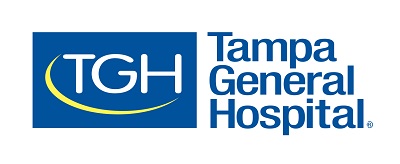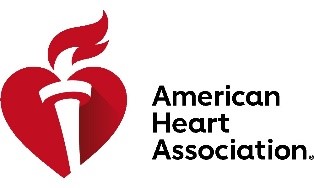Two maternal infections caused seizures, developmental delays, and other health issues in newborns
Miami – Neonatologists at University of Miami/Jackson Memorial Medical Center have found that the COVID-19 virus breached the placenta and caused brain damage in two newborns.
While admitted to the neonatal intensive care unit (NICU) at Holtz Children’s Hospital, both infants tested negative for the virus, but had significantly elevated COVID antibodies in their blood, indicating that either antibodies crossed the placenta or passage of the virus occurred and triggered the babies’ immune response.
Both infants experienced seizures, small head sizes, and developmental delays. One of the babies died 13 months later. The study titled, “Maternal SARS-CoV-2, Placental Changes and Brain Injury in Two Neonates” was published April 6 in the journal Pediatrics. This is the first study to confirm cross-placental COVID transmission leading to brain injury in a newborn.
“Many women are affected by COVID-19 during pregnancy, but to see these kinds of problems in infants at birth was clearly unusual”, said Shahnaz Duara, MD, the medical director of the NICU at Holtz Children’s, a professor of pediatrics at the University of Miami Miller School of Medicine, and the senior author on the study.
Early in the COVID pandemic, Jackson and University of Miami neonatologists observed transient lung disease and occasional blood pressure issues among newborns who had similarly tested negative at birth but were born to COVID-positive mothers. This hinted at infection, but it was still unclear if the virus crossing the placenta caused the problem.
“If we saw a baby who presented this way, we would call it hypoxic ischemic encephalopathy, or brain damage caused by decreased blood flow,” said Michael Paidas, MD, Jackson’s chief of service for obstetrics and gynecology, and chair of the University of Miami’ Department of Obstetrics, Gynecology, and Reproductive Sciences. “But it wasn’t lack of blood flow to the placenta that caused this. As best we can tell, it was the viral infection.”
In both cases, the mothers contracted the virus in their second trimesters, and subsequently cleared it, but were positive again, in their third trimesters, suggesting an unusual maternal or fetal immune response to the virus may have played a role.
The research team hopes that their cases will alert obstetricians and pediatricians of the potential dangers involved with maternal COVID infection and newborn transmission. The data suggests a relatively benign course in infants who test negative after birth. The next step that interests the group is potentially identifying biomarkers to select babies most at risk.
For more information about these cases, and to view the full research study, visit Maternal SARS-CoV-2, Placental Changes and Brain Injury in 2 Neonates | Pediatrics | American Academy of Pediatrics (aap.org).




























